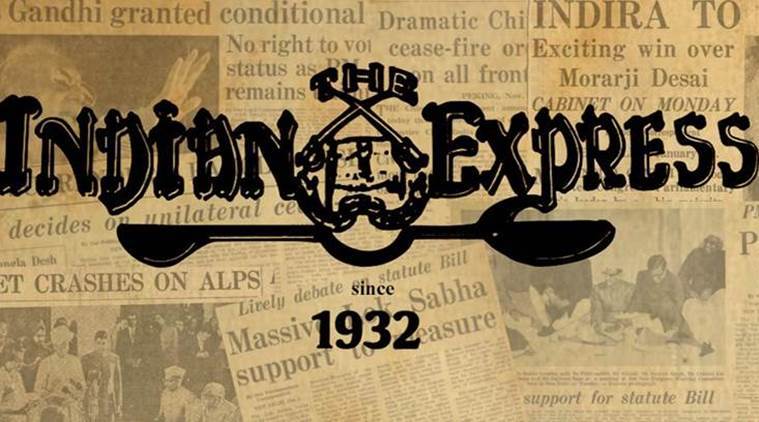 Nitish Kumar’s government has sought to focus developmental action on the most disadvantaged.
Nitish Kumar’s government has sought to focus developmental action on the most disadvantaged.
Chief Minister Nitish Kumar’s cabinet has cleared the relaxation of some draconian provisions of the Bihar Prohibition and Excise Act of 2016. First offences will attract a fine rather than imprisonment, vehicles and premises where liquor is found will no longer be seized and all adult family members of a drinker will no longer be arrested. The last was especially outrageous, criminalising many for the transgression of one, and charges of the misuse of powers have been levelled. The relaxation of such provisions is a welcome step. While the objective of the policy may arguably have been well-intentioned, turning over a public health issue to the police is an unreliable and problematic solution.
By all accounts, from the beginning, police action in support of prohibition has targeted the poor, the intended beneficiaries of the policy. By creating the category of Mahadalits, Nitish Kumar’s government had sought to focus developmental action on the most disadvantaged. Ironically, the very same segment fell victim to prohibition in disproportionate numbers. The first to be arrested were two brothers who were cart-pullers in Jehanabad. They were put away for five years and slapped with a fine of Rs 1 lakh, which was clearly beyond their means. Earlier this year, a census of prohibition offenders in Bihar’s jails found that the proportion of Scheduled Castes and Tribes and OBCs behind bars was much higher than their representation in the population. This does not necessarily mean that the poor are more likely to hit the bottle, but that they are less successful in evading the attentions of the police. Their financial inability to find legal representation also plays a role.
Either way, the outcome is that the enforcement machinery is coming down heavily on the very sections that prohibition was supposed to benefit. The problems it purportedly addresses are real, with alcohol abuse being related to numerous social problems. However, the policy is doomed to failure because it is poorly structured and implemented. Coercion cannot be the primary response of the state. Positive messaging, public education and social and political engagement would have served the people better. Besides, in the case of states like Tamil Nadu and Haryana, which have also clamped down on liquor in the past, it has been observed that prohibition may be useful as a temporary intervention, to arrest a public culture of irresponsible drinking. But if there appears to be no possibility of punitive measures being lifted or diluted at some point in the future, the trade only goes underground, encouraging new forms of criminality. This is the corner that Nitish Kumar had painted himself into, and from which he appears to be now tentatively stepping away. But unfortunately, the primacy of coercion in enforcing the policy remains.